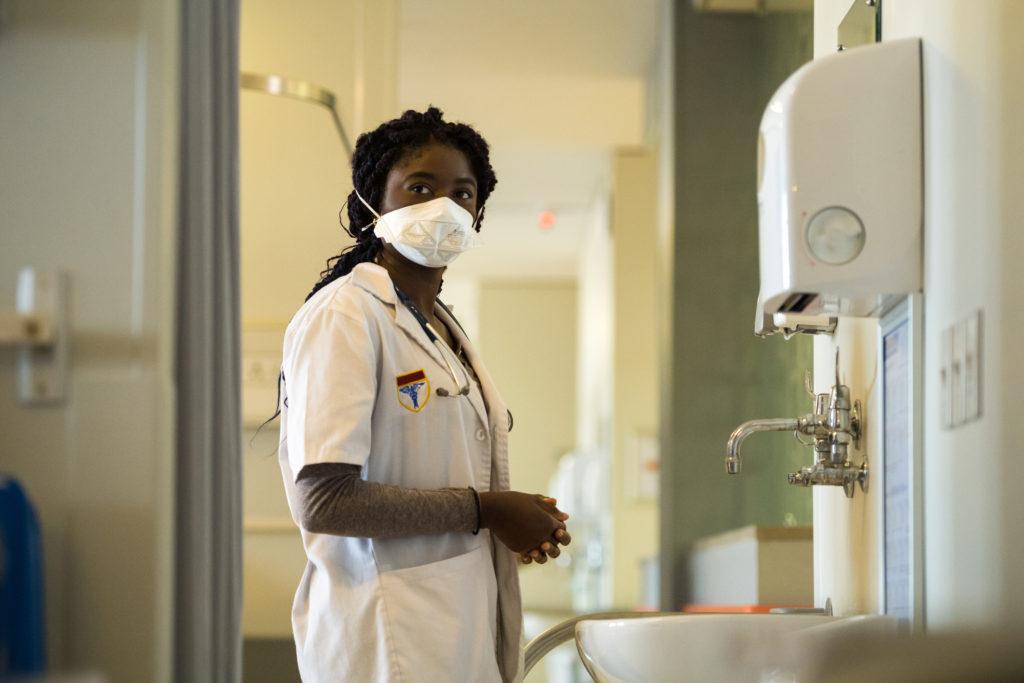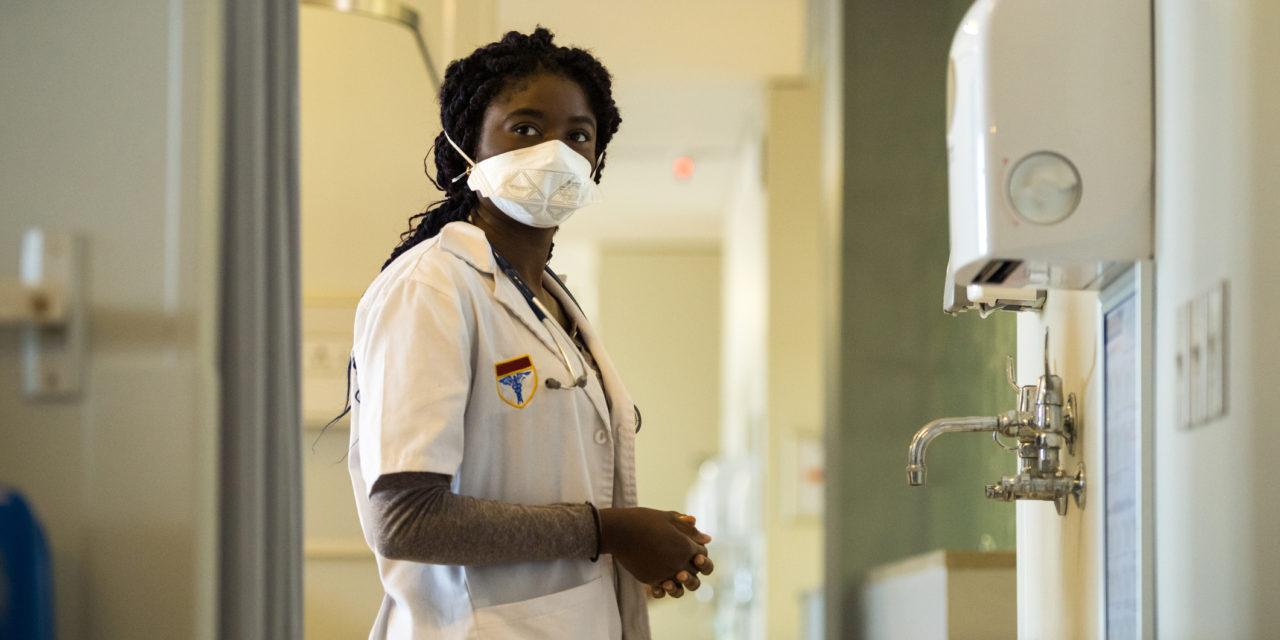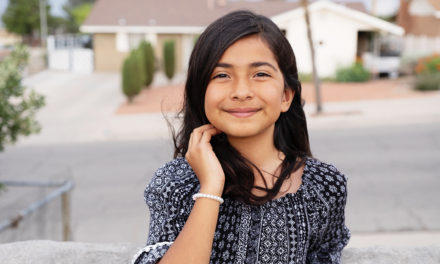
We associate status, intelligence, and importance with our job titles. However, COVID-19 has taught us that, perhaps the jobs we held in high regard aren’t necessarily “essential,” while those roles we previously may have “looked down” upon are necessities for survival. I have been reflecting on whether our most recent praises of these “essential” roles are misguided and even patronizing.
Yes, essential workers should be applauded because they are risking their lives and health so that we can keep up our way of life while quarantined; however, has anyone stopped to think about why they’re risking their lives in the first place? Our society has a privileged mindset that anyone who is sacrificing their well–being is doing it for the “greater good.” While that may be true for some, many of our essential workers are going into work because they actually don’t have much of a choice.
Our society has a privileged mindset that anyone who is sacrificing their well-being is doing it for the greater good. But for many essential workers, they actually don’t have much of a choice. Click To TweetFrom my perspective, many Black essential workers (who are overrepresented in many service worker roles) are going into work because they are choosing to feed their families, keep the lights on at home, and avoid getting evicted by landlords who are coming around to collect rent even though COVID-19 is taking people’s lives. As Angela Rye pointed out in Revolt’s virtual town hall, “Your work matters… but you’re not [deemed] worthy of survival.”
As Angela Rye (@angela_rye) pointed out in Revolt’s (@revolttv) virtual town hall, 'Your work matters... but you’re not (deemed) worthy of survival.' Click To TweetOur country has not historically valued or prioritized the safety of those we now deem “essential” workers. Many of these workers have not—and currently are not being treated with respect or equality, and structural racism is certainly a factor. The unequal distribution of “risk” during this global pandemic is alarming. For example, we’ve learned that 70% of those who have died from Coronavirus in Chicago are Black people, even though they make up 30% of the city population. We’ve seen similar trends across the country.
Certainly, we need to demand that our government provide more resources to our workers, but we also must hold corporations accountable. Just a few weeks ago, Amazon fired a Black employee named Christian Smalls after he led a protest at a distribution warehouse in Staten Island. The protest was formed to persuade Amazon to increase their efforts to protect workers from exposure to the Coronavirus. Amazon’s response was to single out Smalls and portray him as a risk to the company.
While the incredible delivery speed has led us to fall in love with this e–commerce giant, we can no longer ignore the fact that Amazon and other American corporations are exposing Black essential workers to COVID-19 the same way factories in Black neighborhoods have exposed Black children to air pollution (Air pollution that causes our youth to grow up to develop asthma and other respiratory issues that increase their risk of contracting COVID-19!). Many systemic issues like this that disproportionately affect people of color in fact put them at a higher risk of dying from Coronavirus.
As Dr. Camara Jones, an epidemiologist, pointed out,
“Racism is a system that does two things. It structures opportunity and it assigns value. And it does both of those things based on so–called race, which is not biology, it is not behavior, it is not culture. It is the social interpretation of how one looks in a race–conscious society.”
This has been the craziest time in many of our lives, and it can almost seem impossible to help when you’re just one person. However, there are still ways we can change the course:
- We must hold the government accountable by keeping anti-racism on the agenda. This is crucial, as history shows that as soon as a crisis is over and wealthy people are back to their normal lives, the attention shifts away as people with low financial means still face the ripple effect of the pandemic.
- We must continue to act as a community. This means spreading information, dispelling myths about who can’t catch it, and staying home. Yes, we see Florida decided to open its beaches back up even though the state has over 2500 reported cases of the Coronavirus. Just this week, the Governor of Georgia announced plans to reopen businesses across the state. And while we were led to believe that we only need to worry if we feel a symptom, the truth is that we can pass on the virus without even having a symptom.
- We must take the Census seriously. When we don’t fill the census out, our communities are underrepresented. This leads to communities not getting the resources needed because we weren’t properly accounted for. You can take the first step by visiting www.2020census.gov/ to fill out the census today and provide accurate data to the politicians and activists who do care about us.
We keep pushing this narrative to “get back to normal”… but we aren’t talking about the potential ripple effects of this current crisis. This isn’t another Avengers movie where we come together to deliver a final blow to the bad guy. COVID-19 is taking lives, and it is our duty to rise up and support each other by prioritizing anti-racism in policy and legislation, demanding respect and fair working conditions for essential workers, and sharing information that will keep us all safe. President Barack Obama said it best: “We are the ones we’ve been waiting for.”
It is our duty to rise up and support each other by prioritizing anti-racism in policy and legislation, demanding respect and fair working conditions for essential workers, and sharing information that will keep us all safe. Click To Tweet


















